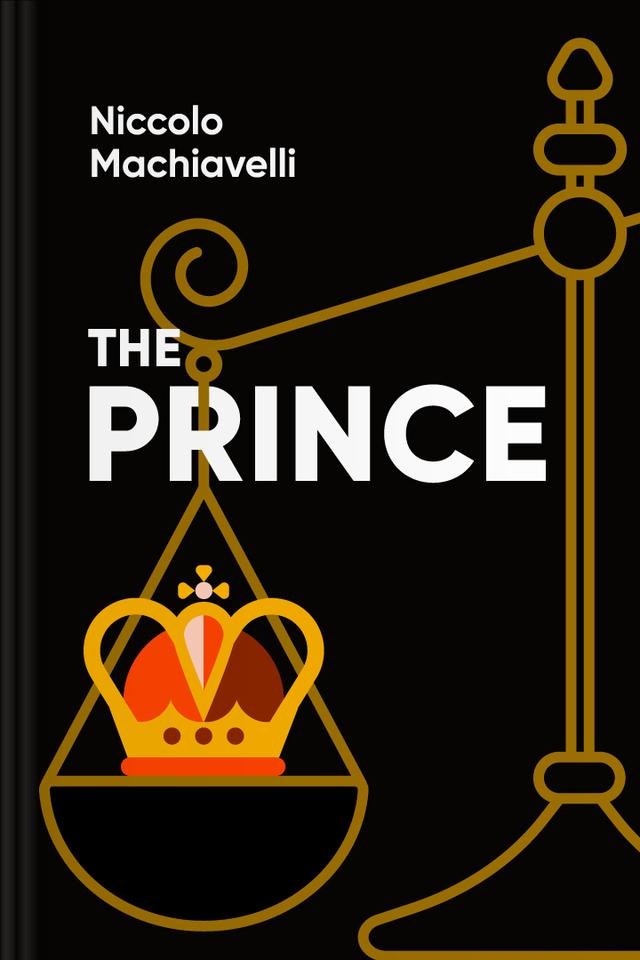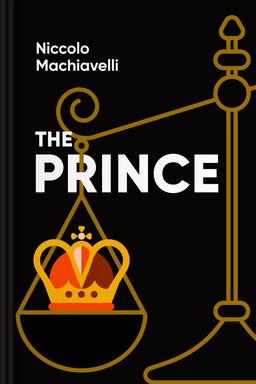You’ll learn
- The history of 15th-century Florence
- About the cunning rule of the Medici family
- Means and reasons behind Machiavelli’s rise
- Basic concepts underlying
- Machiavelli’s philosophy
Protect the world’s peace. Donate to support Ukraine

first KEY POINT
In 1513, the new Florentine authorities accused the Republic’s 44-year-old secretary of conspiring against the government. In the blink of an eye, this man went from power to prison and from treasured to tortured. Luckily for world philosophy, he survived and moved out of the town that no longer valued his services. Stripped of his influence, the man dedicated himself to writing one of the most controversial works in history. This man was Niccolò Machiavelli, the advocate of cynical rule and means over morals.Machiavelli’s upbringing was interesting. He was born in Florence in 1469 to a devout mother and a skeptical father. Niccolò’s younger brother, Totto, chose his mother’s religious piety and became a priest, while Niccolò decided to ascend the social ladder at any cost. Used to womanizing and other vanities along the road, living on a farm felt like another form of torture for him. Since he had little left to do, he put his shrewd mind to use and onto paper.
This is a story about the world as Machiavelli witnessed it during his time. He dissects the people above and beneath him to vividly represent a true ruler. Cynical, ruthless, and unstoppable form the defining characteristics of a Machiavellian hero. Centuries later, we still refuse to accept a leader with such a triad on their resume, as it touches on the most delicate part of the soul — the conscience.Simultaneously, we have the chance to delve into Machiavelli himself to understand his reasoning behind the merciless Prince — a portrayal of an ideal leader and a “rulebook” for royals and rulers. If you’re still here, it means you’re interested, so why not continue our journey one step further into the Machiavellian darkness?
second KEY POINT
Machiavelli was born in Florence in 1469 during the reign of Lorenzo de Medici. At the time, the ruler was just 20 years old, and many considered him too young to hold power in a newly formed republic like Florence. Just a century earlier, the people of Florence had rejected noble rulership in favor of a republic, which hints at democracy in Medieval times with elections and rotation of rule. Imagine the tediousness of such a system — it was never going to last.From 1434 onward, the Medici family manipulated elections to favor nepotism and patronage; soon, a covert dictatorship replaced the budding democracy. Machiavelli was thrust into a world of rivaling families and relentless coups and quickly learned that taking a wrong turn could be the difference between life and death.Religion also played a significant role in the upbringing of young Machiavelli. He grew up during a hazy separation between church and state. The Pazzi family, rivals to the Medicis, received the Pope’s blessing to conspire against Lorenzo Medici. When their attempt to seize power failed, the church excommunicated Lorenzo. Consequently, Florence went to war against Rome until 1480, when the former enemies had to unite against a common invader — the Ottoman Empire. Lorenzo went from being excommunicated to becoming the Pope’s new favorite. This swift reversal in fortune left a lasting impression on 21-year-old Machiavelli, who learned that politics was often more important than religious piety.

Continue reading with Headway app
Continue readingfirst KEY POINT
second KEY POINT
third KEY POINT
fourth KEY POINT
fifth KEY POINT